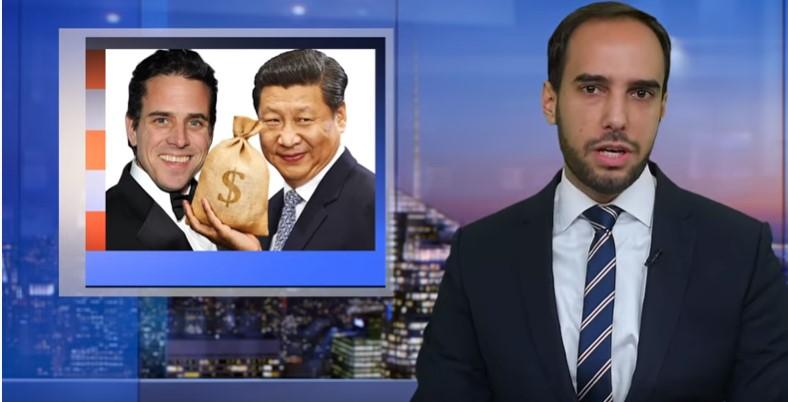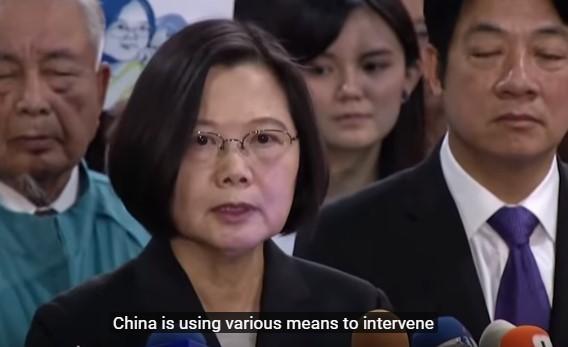China’s Game of Thrones. Like the actual Game of Thrones, it seems like we’ve been waiting for the final chapter forever. But at least there’s been another interesting plot twist. And it has to do with the shadowy 610 Office: China’s gestapo.
It was named after the date it was created, because calling it the “Central Leading Group to Kidnap and Torture People for Gathering in Parks” sounds good, but wouldn’t fit on the business cards. Former Chinese leader and moldy toad in the hole Jiang Zemin created it as a way to cement his power and get rid of the biggest threat to China: People sitting with their eyes closed.
You see, Jiang was facing a problem. He hated Falun Gong, but China has laws. At least on paper. Like that stupid constitution that guarantees people the right to freedom of assembly and religion.
It’s true that laws in China are often selectively enforced. But if you arrest huge numbers of innocent people and torture them in labor camps, some of them might still try to take you to court. So Jiang created the 610 Office handle this problem outside the pesky law. Instead of being within the Chinese government, the 610 Office and its secret police force all reported directly to him. Problem solved.
Also, controlling a multi-billion-dollar nationwide paramilitary force is good for hanging on to power in general. In fact, that’s one of the top tips in Chairman Mao’s Little Red Book, Volume 2: Leadership Tips for Dictators and Other Megalomaniacs. It’s a lesser known work.
The 610 Office was in charge of anti-Falun Gong propaganda, as well as monitoring, punishing, “reeducating” and “transforming” Falun Gong practitioners. Over the years, the 610 Office expanded from “handling” Falun Gong issues, to also dealing with people who believed in other “unapproved” spiritual practices, like house church Christians and Buddhists. And sometimes people who were on the Party’s blacklist for other reasons.
Remember blind Chinese human rights lawyer Chen Guangcheng, who dramatically escaped house arrest in 2012 and made it to the US Embassy? The 610 Office was the one that put him under house arrest and continually harassed his family.
But now it’s 2016 and there’s a new sheriff in town! And he don’t cotton to...organizations that don’t answer directly to him. That’s why recently, Xi Jinping’s investigators have put the 610 Office in the crosshairs. Couldn’t have happened to nicer people. So what are the investigators saying about the 610 Office now? In no uncertain terms, they’re accusing the 610 Office of “a disparity in comprehensively studying and implementing the spirit of the rule of law.” That is to say, accusing them of “illegal behavior.” And that is actually a way bigger deal than it sounds, given how cloak-and-dagger the Communist Party’s high level power struggles are.
There was once a time when the name “610 Office” could not even be uttered in public. Those who did met with brutal retribution. Chinese rights activist Gao Zhisheng wrote this about the 610 Office:



